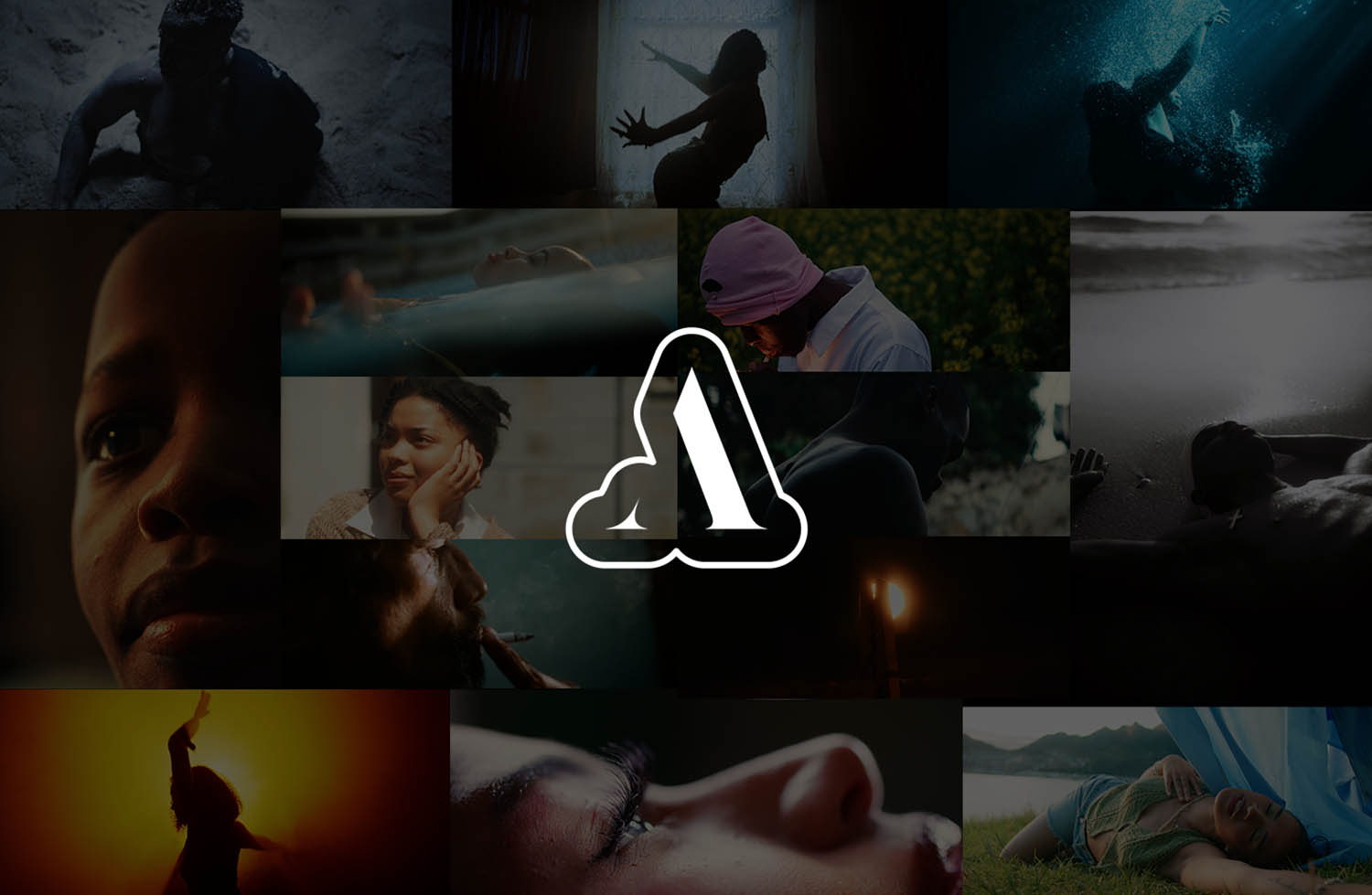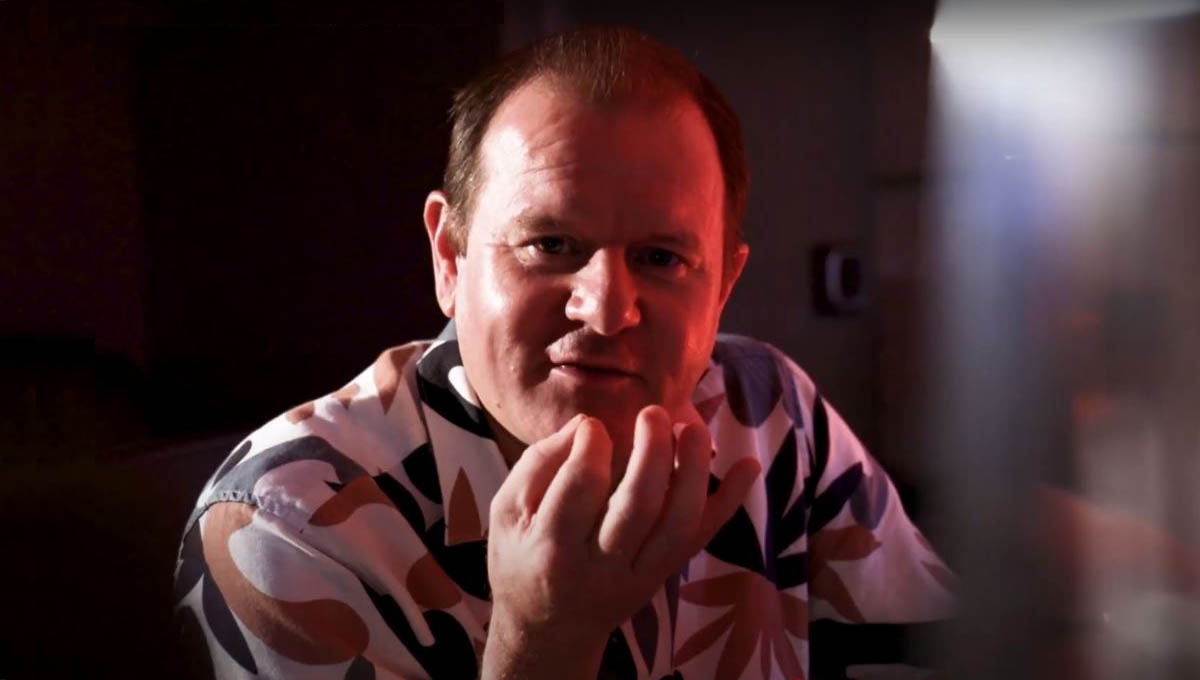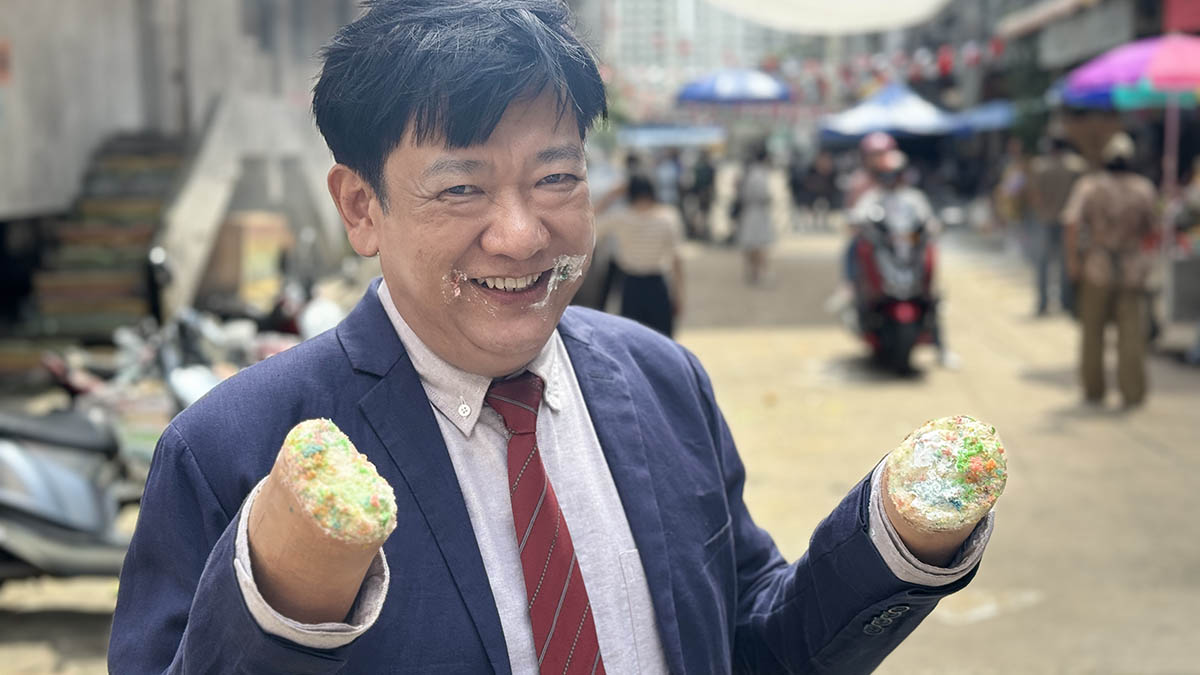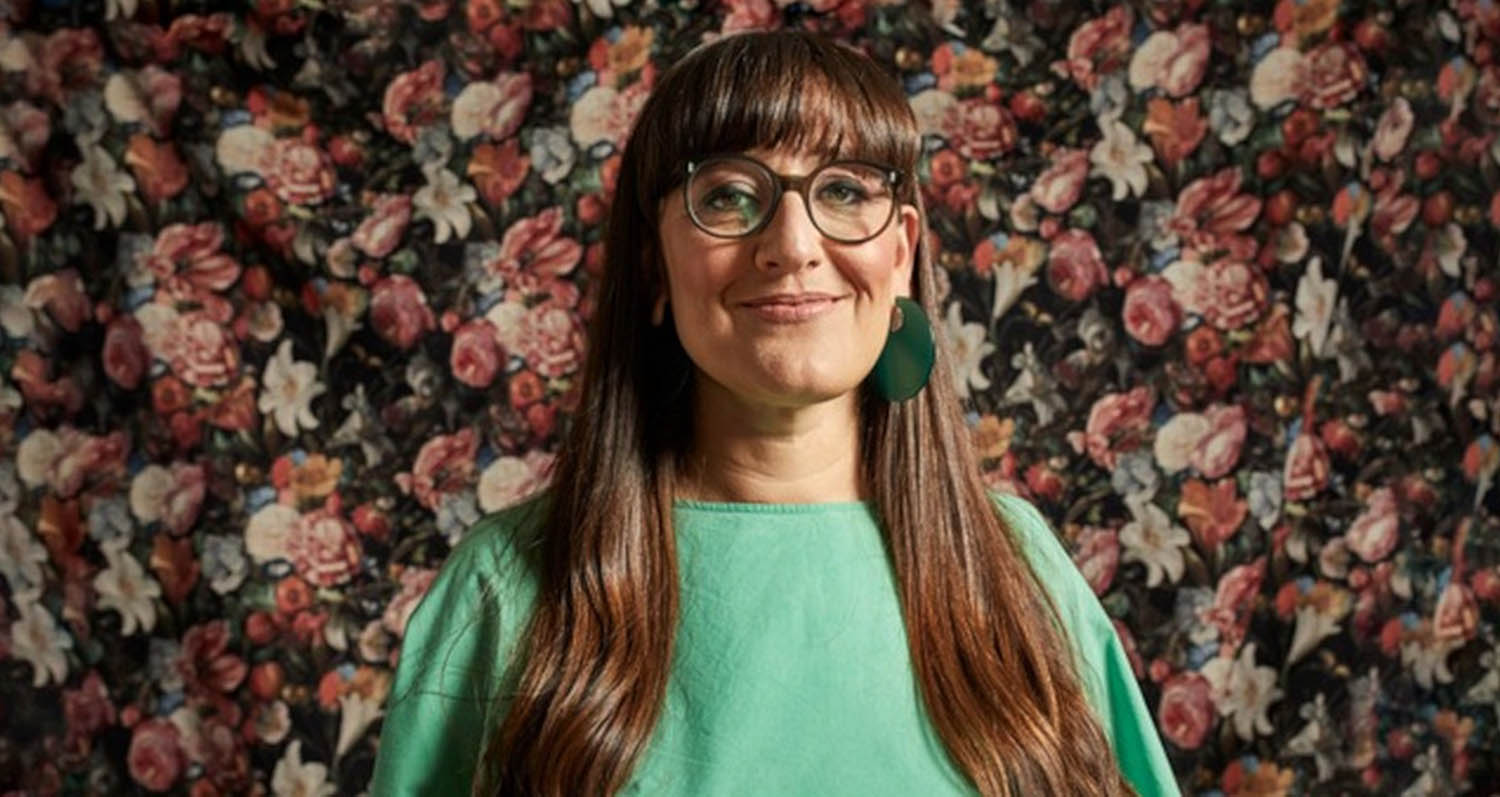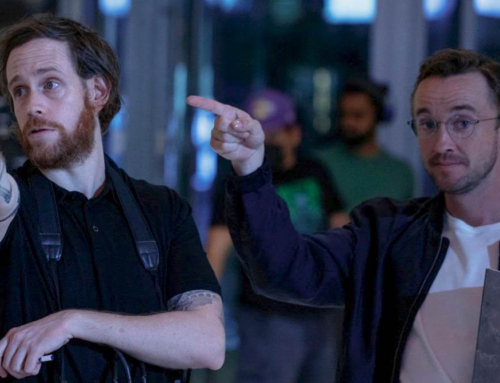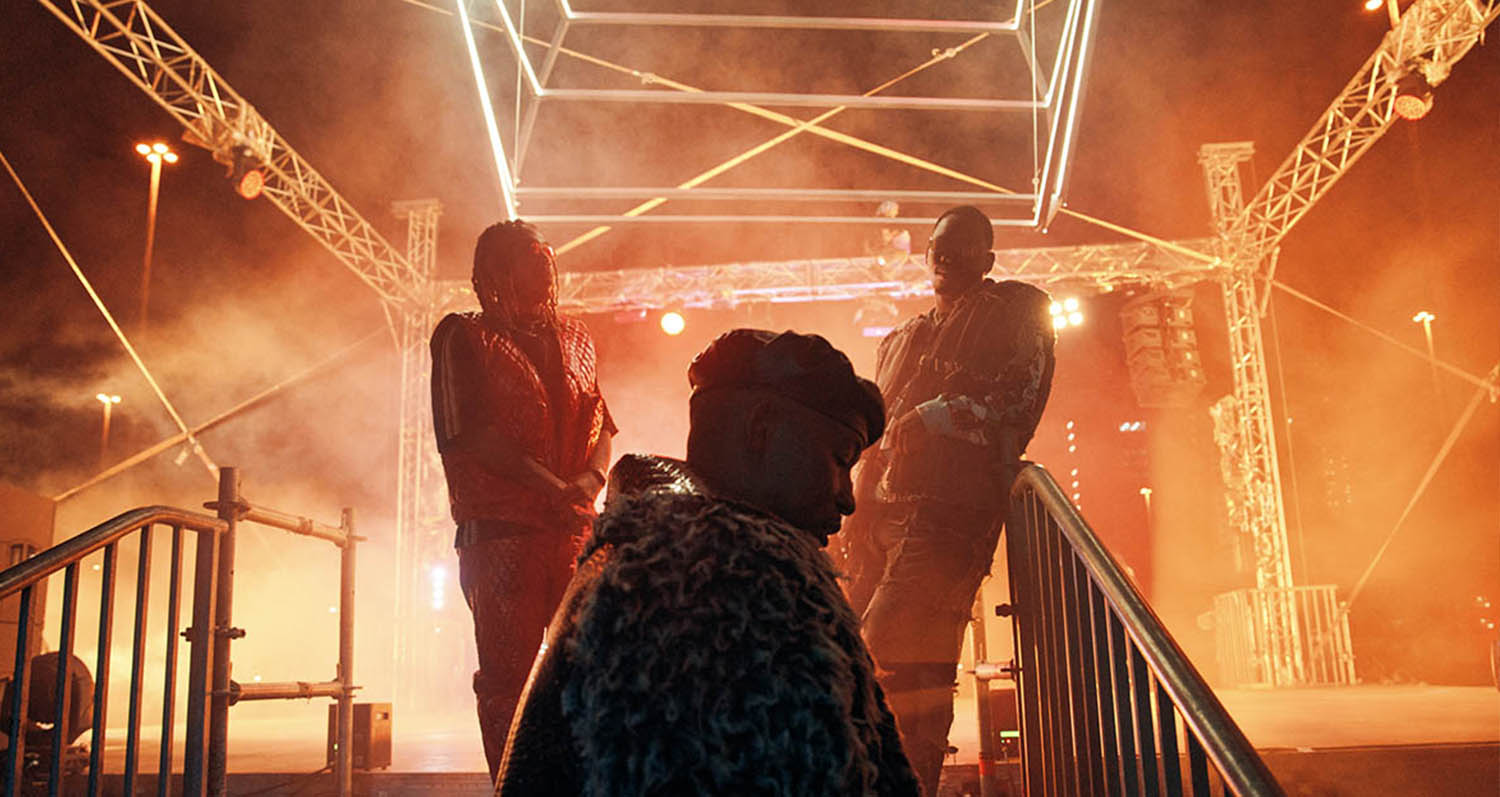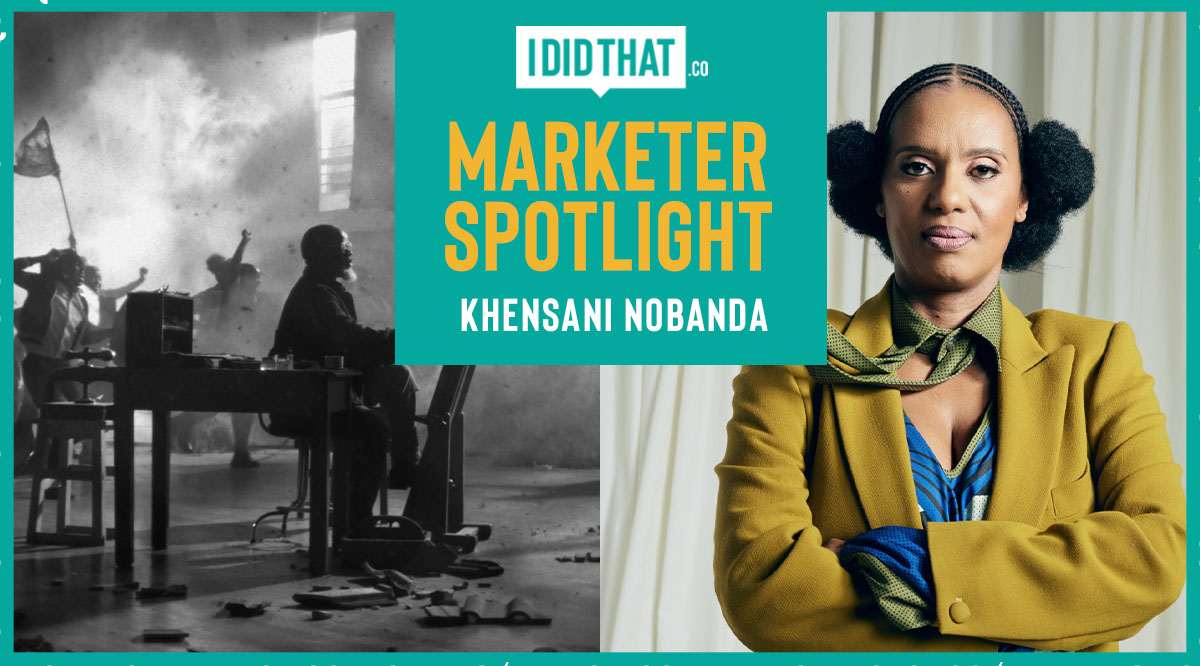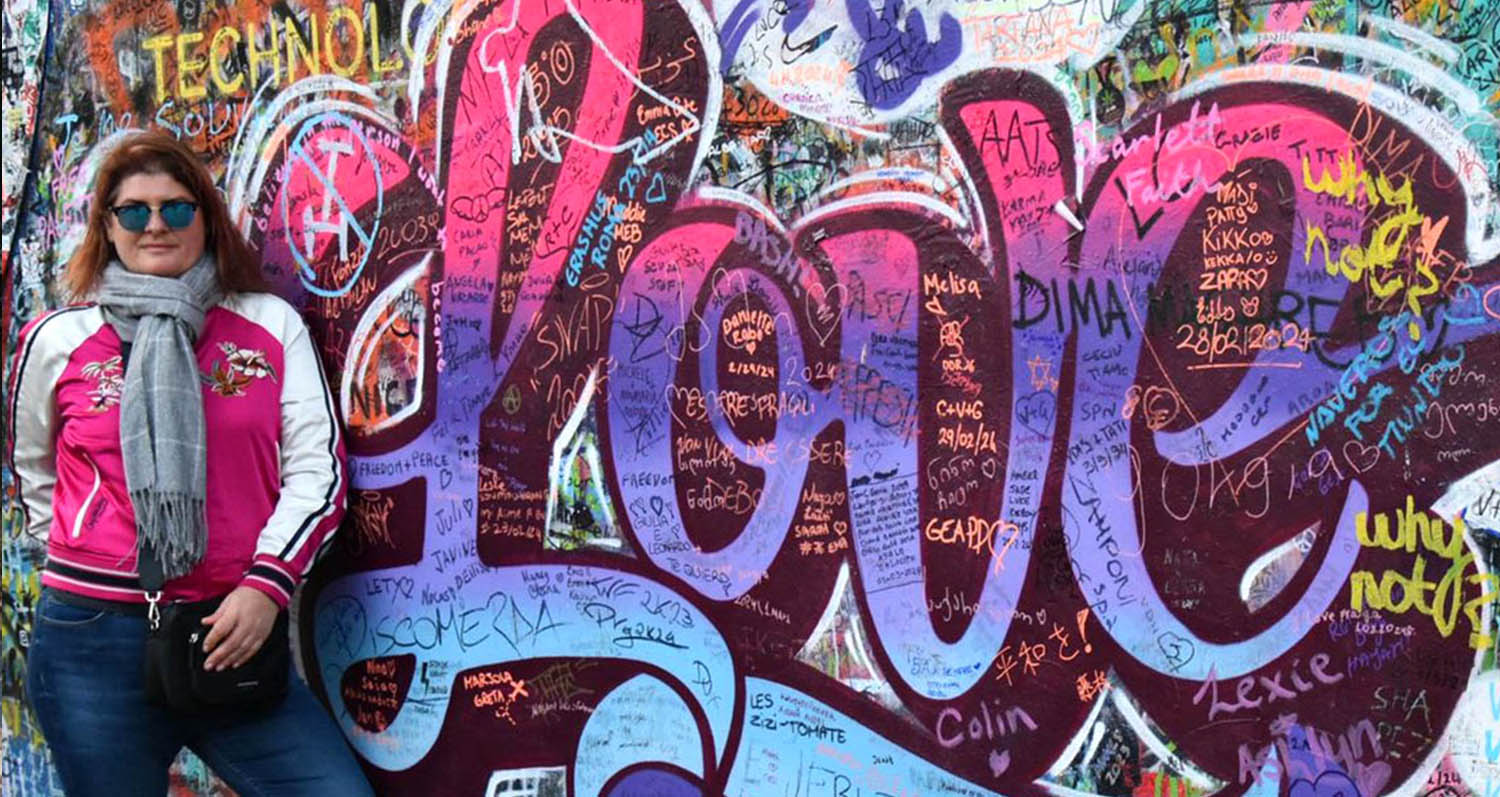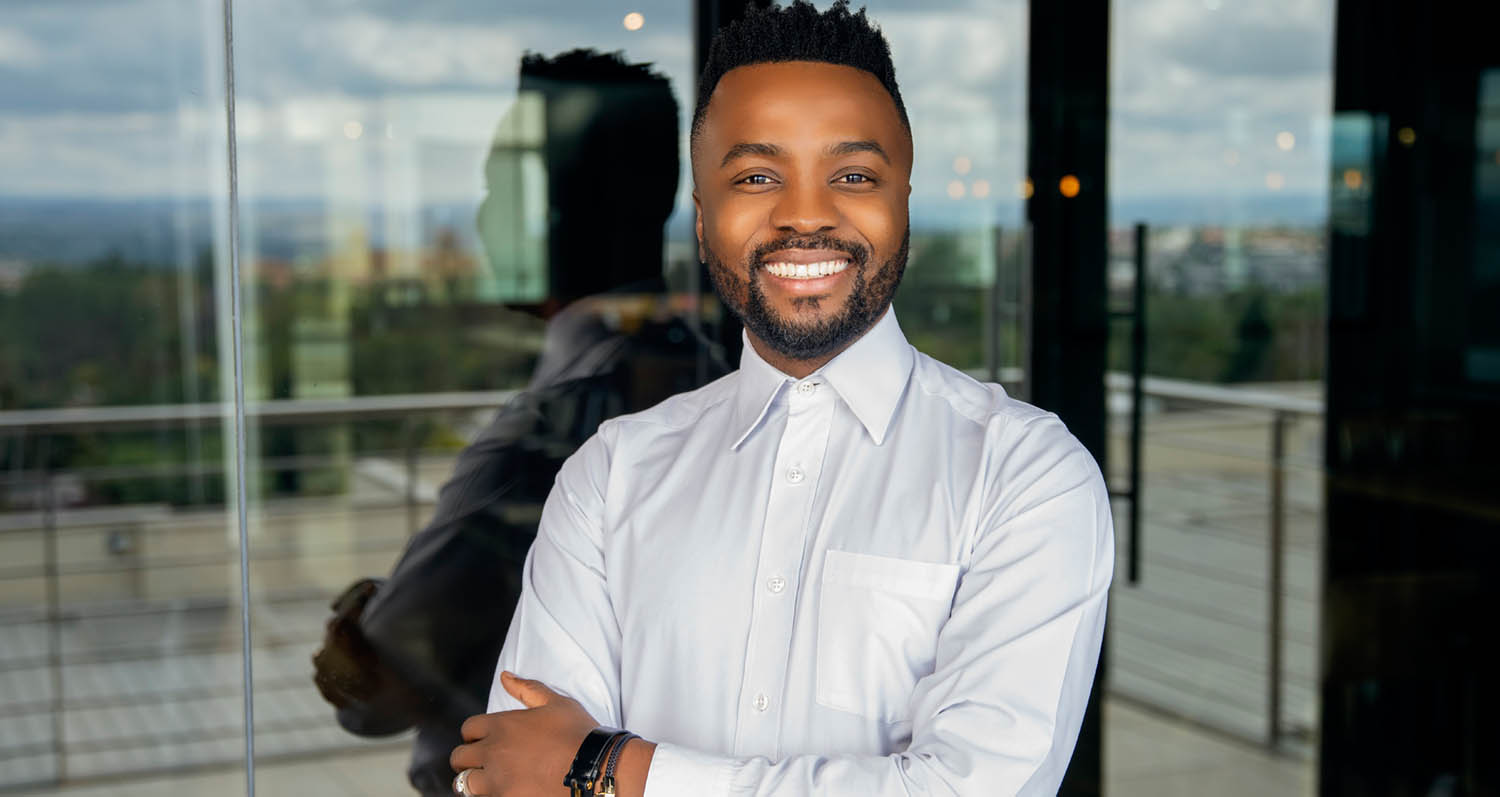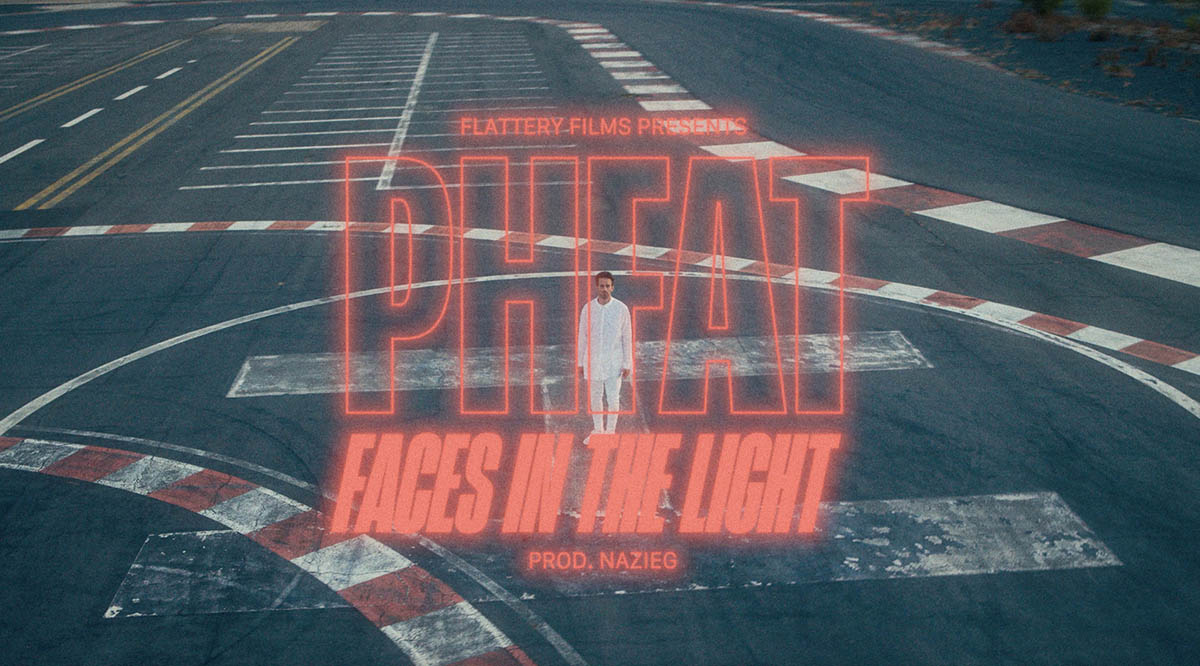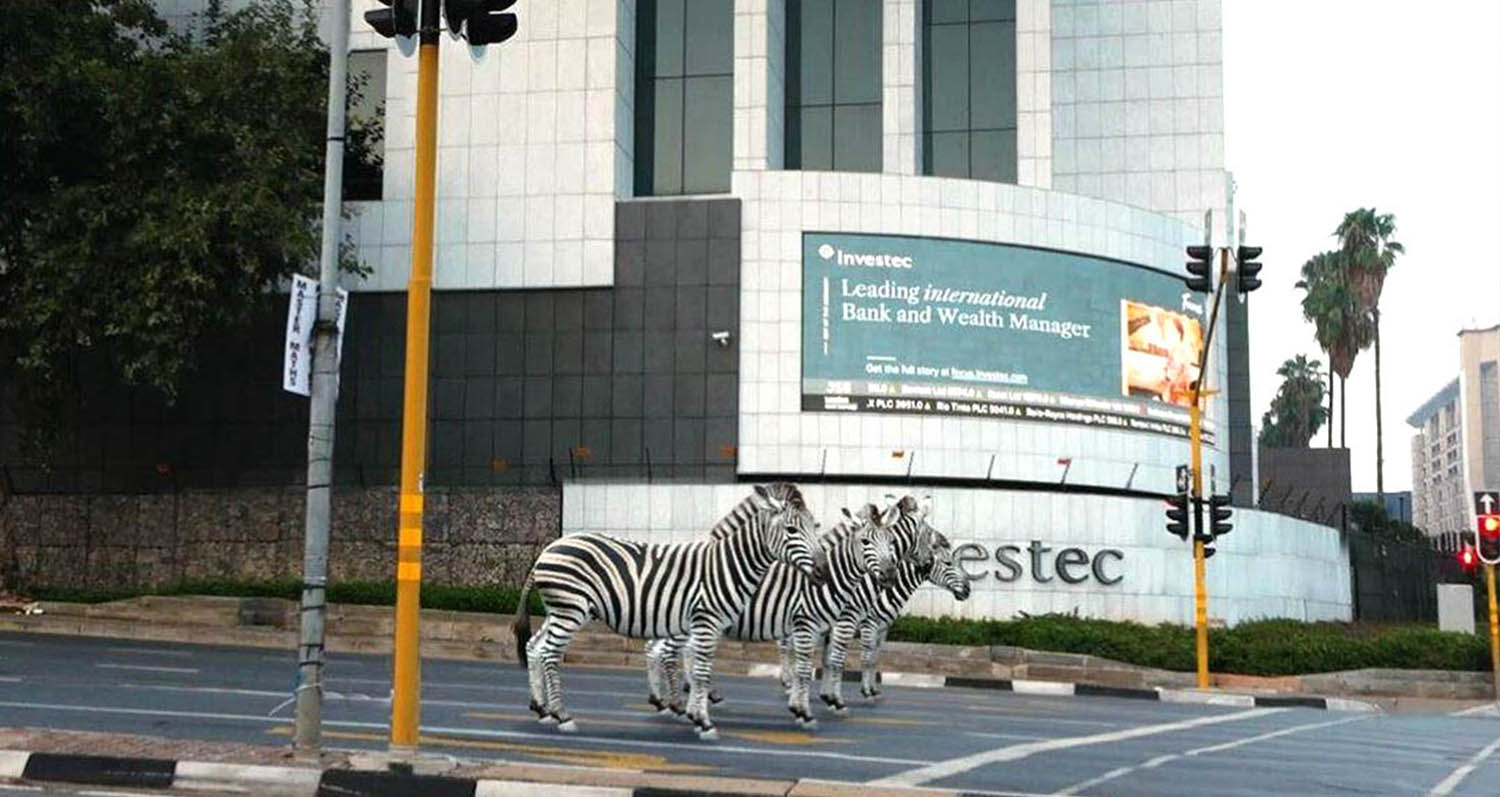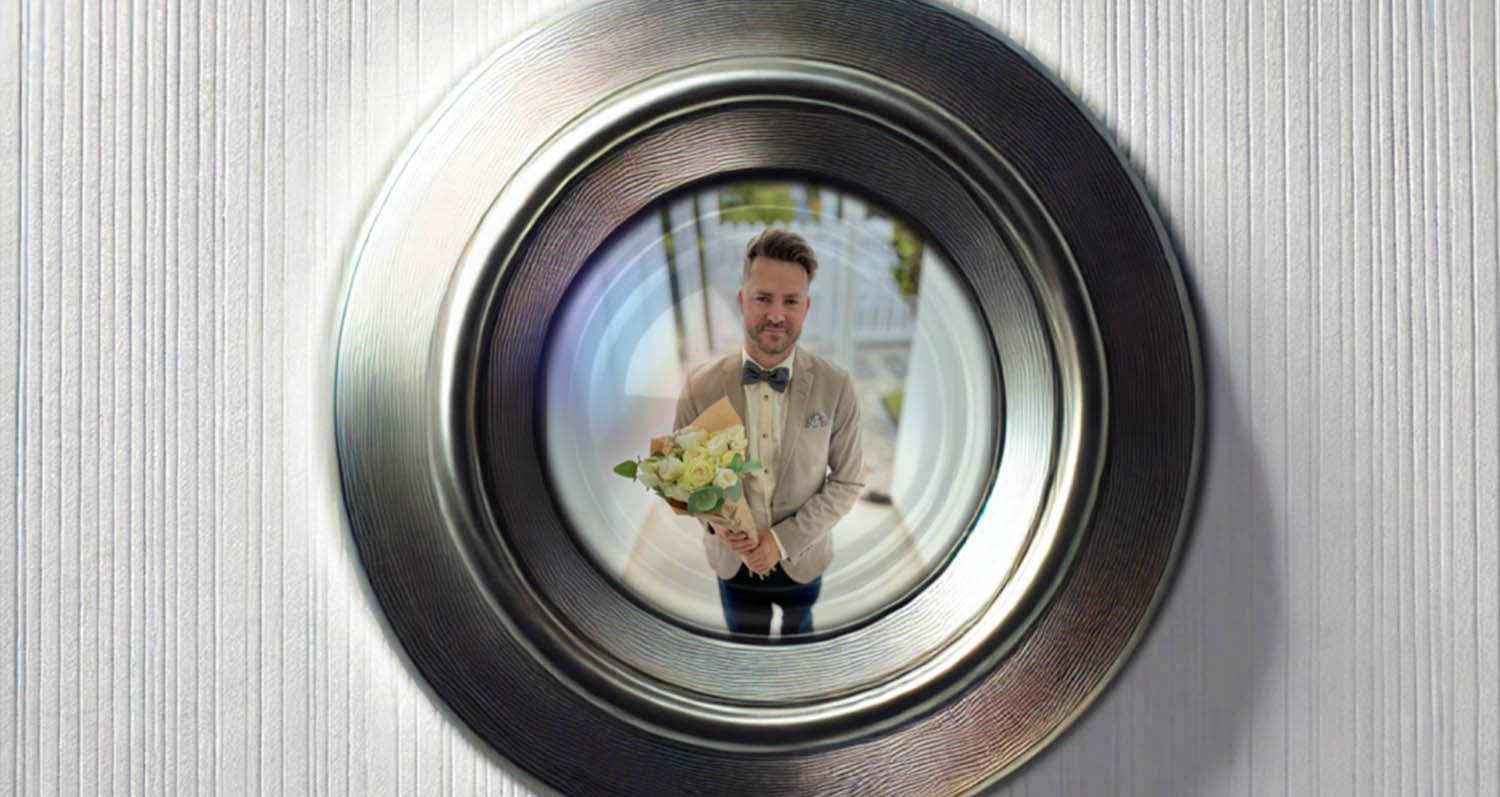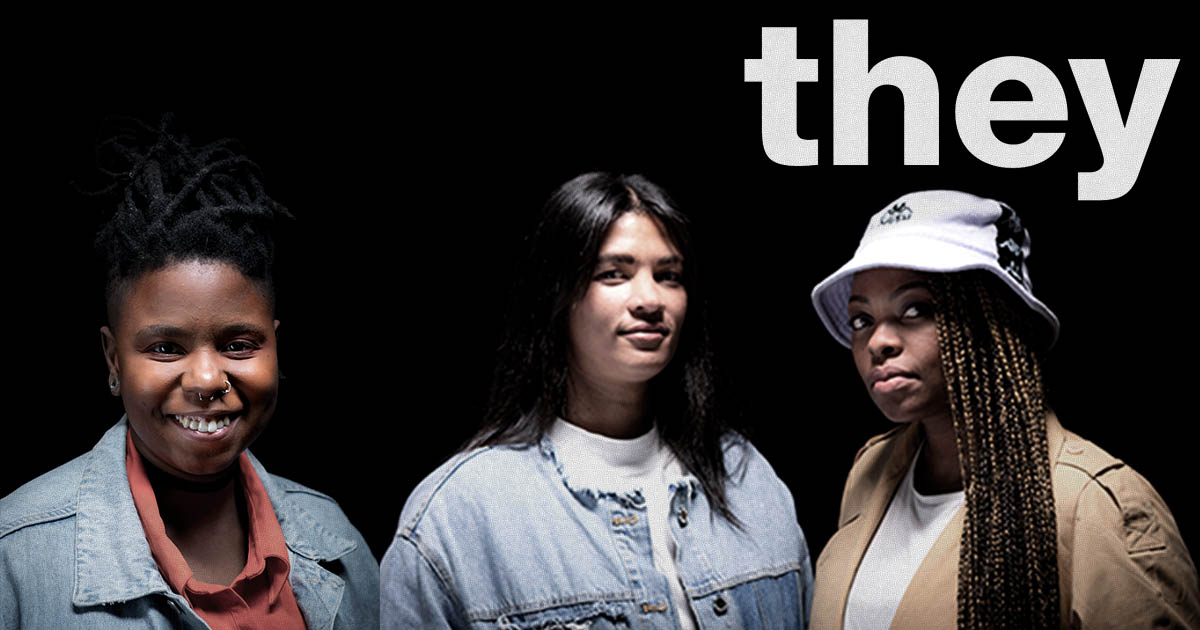
They ‘We commit to black female directors’
They spoke to us candidly about how, even though we are finally seeing more black male directors in pitch rooms across the country, the challenge we face is getting black female directors through the doors, not to mention black queer and trans directors. The team not only delve into why tackling this issue matters to them, but why it should matter to all of us. They ask the ad industry to step up and join them, because it’s not just a They thing, it’s an us thing, a South African thing.
A lot has gone down at They, so let’s bring you up to speed.
Directing team Melany Ismail and Lusanda Mgoduka have partnered with They’s founders, Darren Gordon and Alan Irvin. This refreshed They family is now challenging the current status quo of the advertising industry by asking agencies to show accountability and open their pitch room doors to female directors. They are also excited to welcome a new female director to their roster, Wandile Xaba. This focus on female filmmakers has got us fist-bumping-high-fiving-knee-slapping-woohoo-ing all over the place! YES PLEASE!
The lowdown on some low points
The lack of female directors invited into agency pitch rooms is certainly not a new phenomenon. In fact, organisations like Free the Work were already established back in 2016. The organisation asked agencies globally to pledge to including one womxn director on every three-way pitch and for production companies to sign more female directors. Such a simple way to create real change, everyone must have jumped at the challenge, right? Obvs wrong.
Let’s lay it out. Womxn accounted for just 12% of directors working on the top 100 grossing films in 2019 and a female film director is more likely to shoot one film in their career, and then quit. Sure, these figures are born in America, but our figures can’t be much better.




Lusanda and Mel, Who They?
They partners, Directors Lusanda and Mel, started out working in the commercials industry as Production Manager and Researcher respectively. From Bouffant, to Velocity and Egg, and everywhere in-between, they eventually pursued their real passion of directing and soon began collaborating on projects as a team. In search of a production company that genuinely wanted to effect change in the film industry and was willing to be held accountable when it came to embracing diversity (and happen to also have the awards and experience to back them up) the duo joined They in 2019 – making them the *first and only black female directing team in the country, KAPOW! Go check out their work here.
*Obvs that we know of okay. If you know of more, please let us know!
IDIDTHAT: As female directors, what is the toughest challenge that you two face right now?
Lusanda: To be completely honest, it’s getting into a pitch room. When I started working there were only a handful of black male directors, now there are many and they are working, they’re busy, and that is because they were let into the room to pitch. Agencies need to now commit to having one womxn on every three-way pitch because then, and only then, will we be playing on equal ground. Then we have a chance.
Mel: It’s not about one creative fighting to get one womxn into a pitch room, it’s about ad agencies committing to one womxn being in every pitch and it’s really not that hard. Nobody is asking for handouts; we just want to be let in the room.
IDIDTHAT: What do you all want to achieve with the They partnership?
Lusanda: Our partnership started not just because Darren and Alan wanted black female directors at the table for business purposes, but because they honestly wanted to nurture a relationship with us. We felt valued as directors in the company and together we all realised that we could make They more meaningful to the SA commercials space by challenging the current system and asking the industry to stop just talking about change.
Alan: As a business we are also proud to fight for more minorities and task the entire industry to commit to doing the same. Please, put your money where your mouth is. It’s not that hard and it can only lead to better storytelling.
Darren: We as a company believe that this type of change is good for us, not ‘us’ as in They, but us as an industry and the whole world.
Mel: By allowing people who are different to you into your space, you create an environment of integrity and authenticity. We bring with us a lived black experience which will reveal many nuances of South Africa to Darren and Al, references and ideas they would otherwise never have been exposed to. And they, in turn, bring with them years of invaluable experience which we are excited to learn from. The more unique and diverse voices you have in the room, the better the work, which is why we are also so excited to welcome Director Wandile Xaba to the They team.
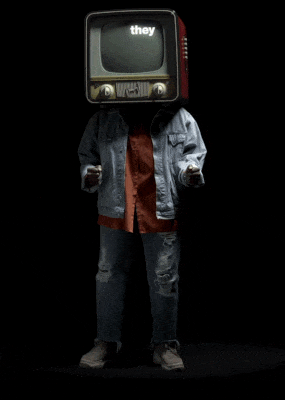




They Welcome Wandile
Wandile identifies herself as a queer intersectional Director. She describes intersectionality as ‘a space of respect you can create… for the ideas, religious beliefs, experiences and expressions of the individual standing in front of you.’ This, coupled with her visually sensitive eye (take a scroll through her Instagram page @Wandile_third_eye) should make for some really interesting work.
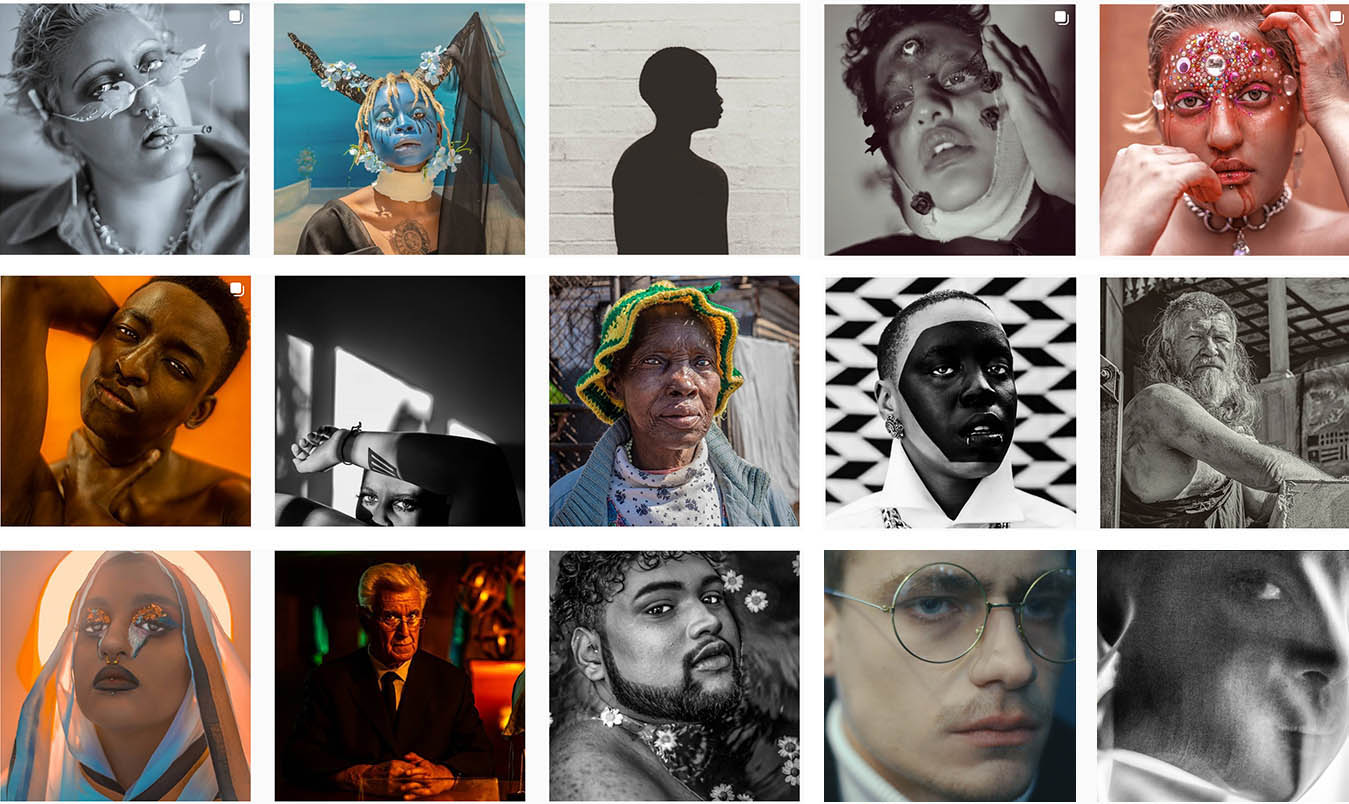
IDIDTHAT: What kind of work can we expect from the Wandile corner?
Wandile: Work that challenges old traditions and cultures through progressive thinking. I would like my work to be intersectional, it’s incredibly important for me to represent minorities and to represent for the oppressed other i.e. Womxn, LGBTQI+, the physically challenged, plus sized womxn, socio-economically marginalized people, the trans community. My work needs to be a strong representation of my South Africa today, thus diversity is incredibly essential. I don’t believe in making art for art’s sake, my work needs to be political, it needs to challenge archaic ideologies.
IDIDTHAT: As a queer womxn in the industry, what shifts would you like to see in the SA film landscape?
Wandile: I always ask myself who is in charge of telling which stories and I feel it’s incredibly important that black people tell black stories, the reason being that we don’t have the danger of telling one story. With our South African history, it’s easy to resort to telling one story of a black person, forgetting that there are sub-cultures that exist, there is no one singular story for the black nation. We are complex, multifaceted beings, filled with different cultures, beliefs, desires and traditions. As Adiche Chimamande had noted on her Ted Talk some time ago: “The single story creates stereotypes, and the problem with stereotypes is not that they are untrue, but that they are incomplete. They make one story become the only story.”
Go check out Wandile’s work here.
Platforms like Free the Work and company’s like They that are advocating on behalf of black female, queer, or marginalised directors is just the beginning. We need to all be held accountable and come to the equal opportunity party. We hope the whole industry accepts They’s challenge and that we all open those doors, because it matters.

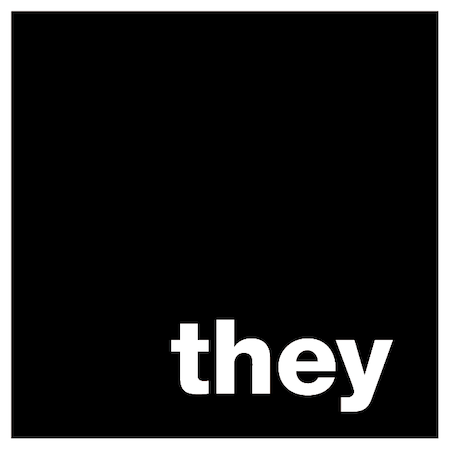
Contact They:
Executive Producer: Darren Gordon
darren@they.za.com
+27 82 455 0512
Produced by the IDIDTHAT Content Studio – Credits: Anne Hirsch (Writer) / Julie Maunder
*This content may not be reproduced or used in any part without the prior written consent of IDIDTHAT. Reprints must credit I DID THAT.co (ididthat.co) as the original publisher of this editorial piece and include a link to this site.
This Editorial is paid for by They. Want our studio to create content that puts your agency/company/kickass ad you made in bright lights for the whole industry to see? View or editorial packages or contact julie@ididtht.com and we’ll make it happen! #Boom

